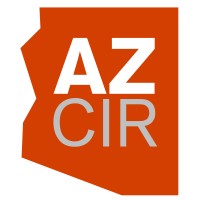 &
&Traditionally, AZCIR has published long, in-depth investigative pieces of reporting that sometimes take months to prepare. Because their work was so time intensive, sometimes AZCIR’s team would only be able to publish a new piece once a month.
Fact briefs, by contrast, can often be written, edited and published over the span of a few hours. For AZCIR, fact briefs offered a complementary editorial product that allowed them to publish frequently and address the corrosive misinformation they encountered.
This strategy paid dividends. Over the course of three months of publishing fact briefs, AZCIR’s web traffic tripled.
Fact briefs, such as “Does Arizona require proof of citizenship for state elections but not federal elections?” have also become evergreen content for the site, meaning they continue to drive visits from new readers, well after they are published.
Most importantly, fact briefs have given AZCIR another vehicle for pushing back on misinformation in their state. Arizona plays a unique role in US electoral politics as one of the most highly contested swing states, and has historically been ground zero for rhetoric questioning election integrity. Their work addresses these narratives.
One particularly outrageous claim that is frequently peddled on Twitter asserts that over 10,000 undocumented immigrants voted in 2020 elections. AZCIR published a rebuttal fact brief, which was shared by numerous users on the platform who were trying to correct the record.

This is one example of many where fact briefs’ findings have rippled through online discourse, equipping individuals to find and share the facts surrounding important issues. In the long run, we believe AZCIR’s work will help turn the tide on false claims.
